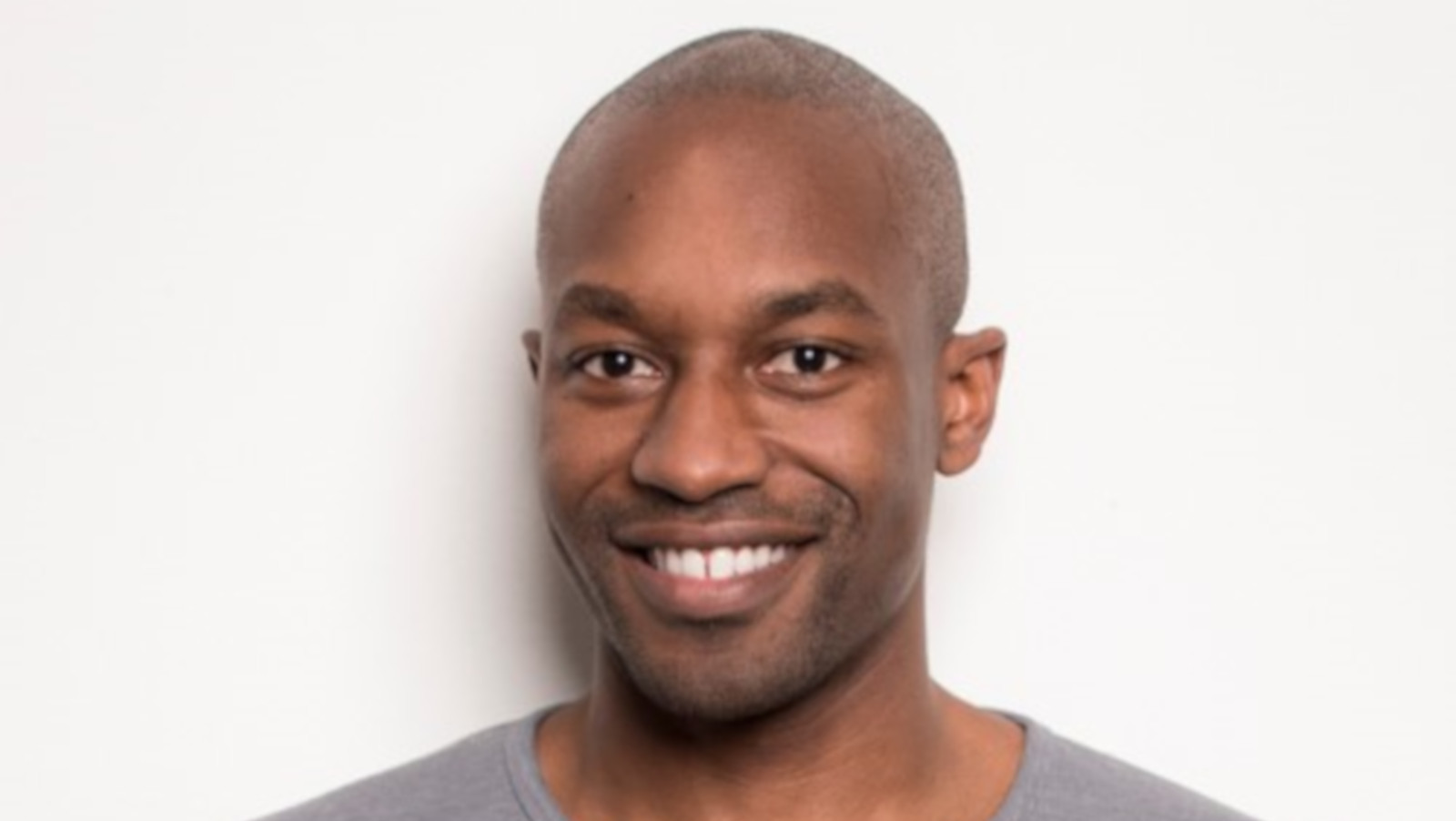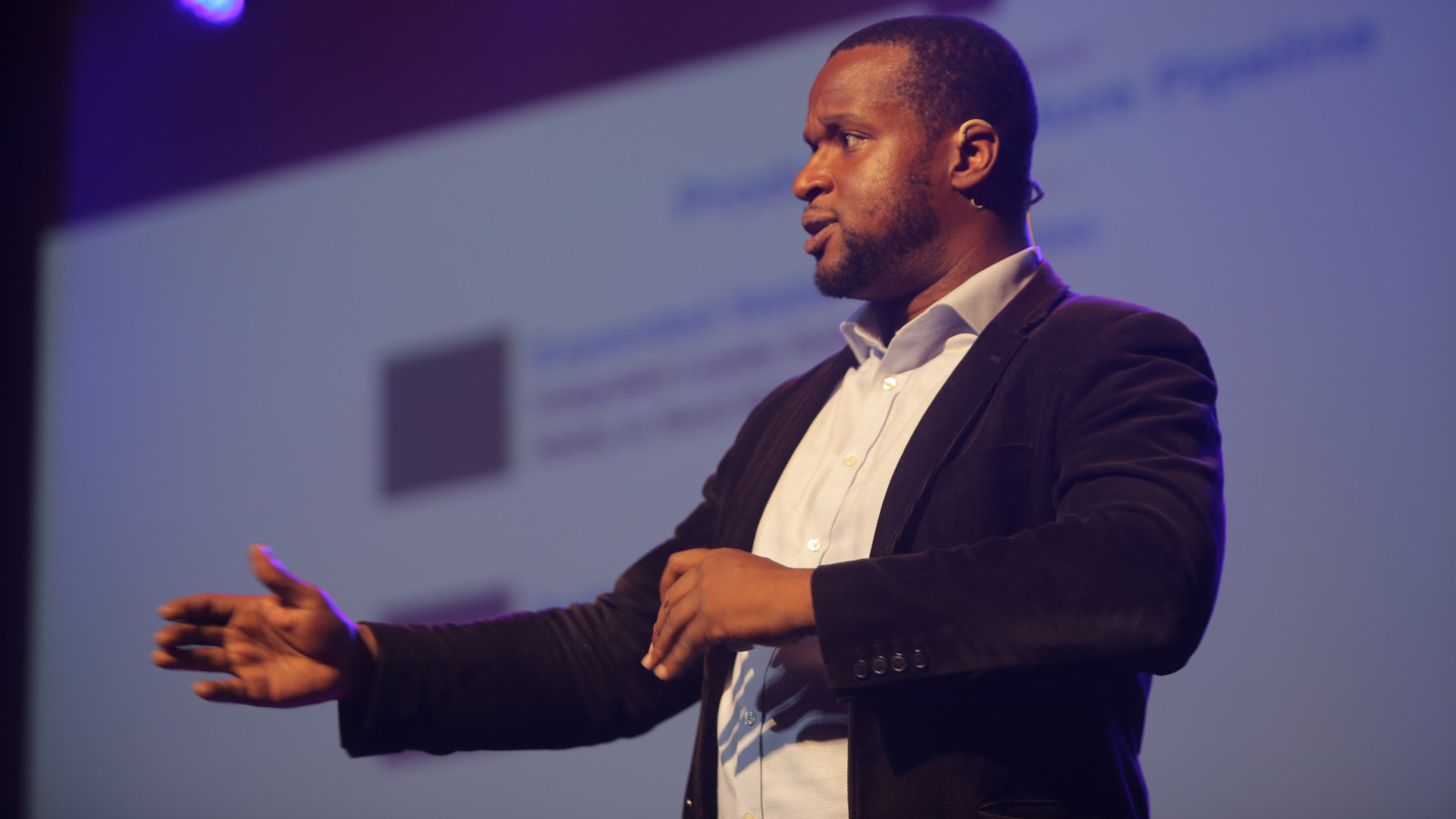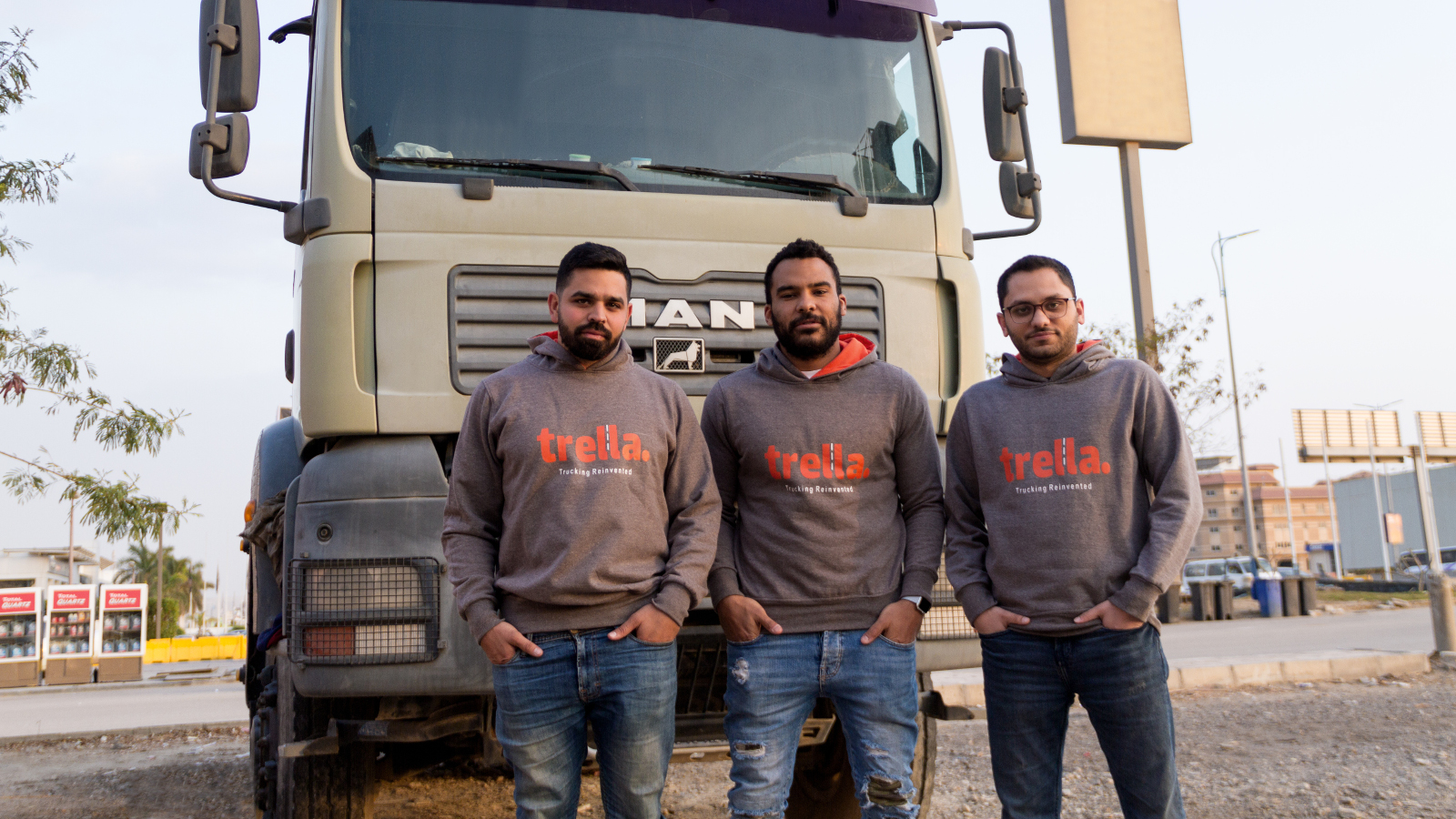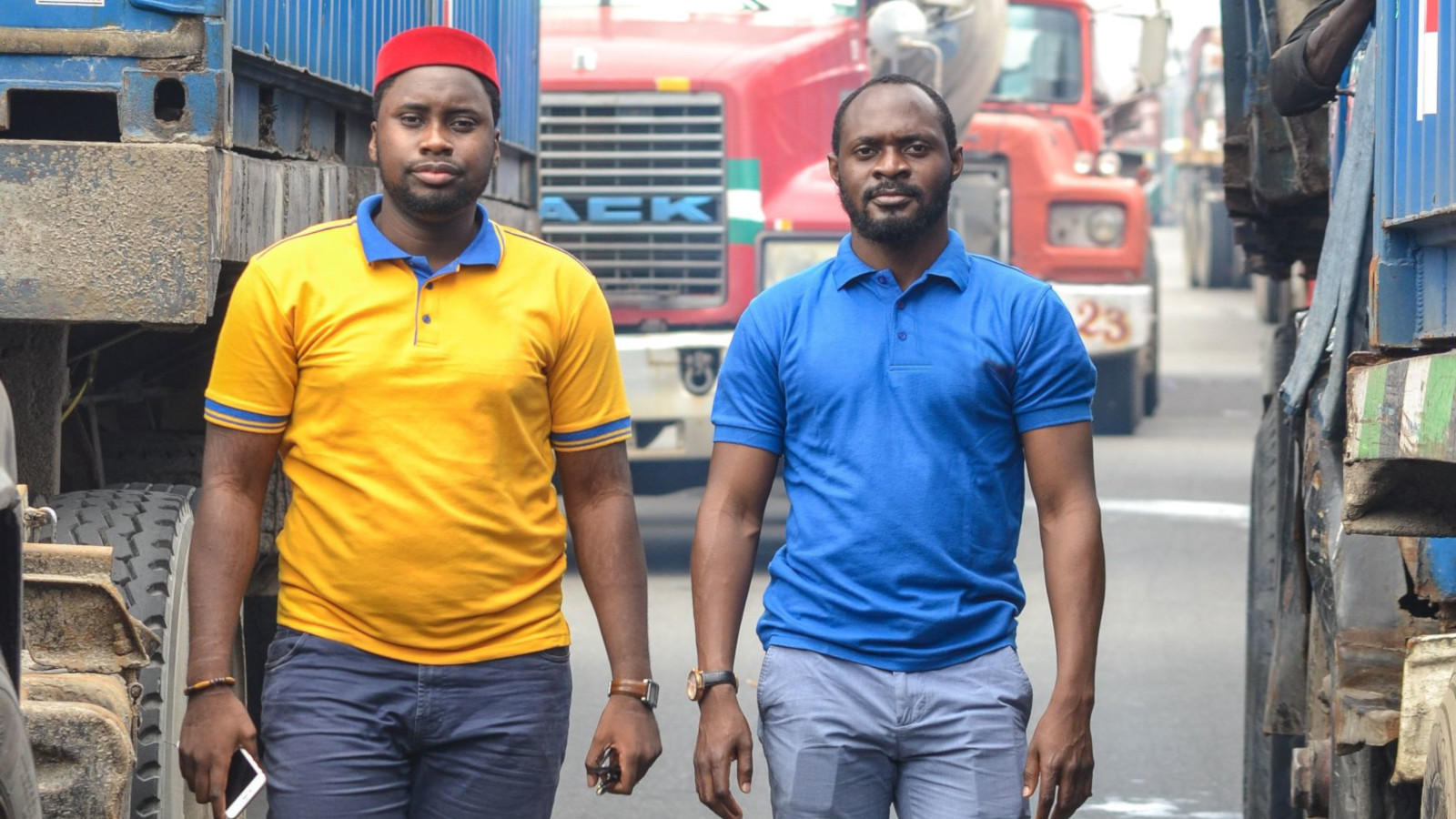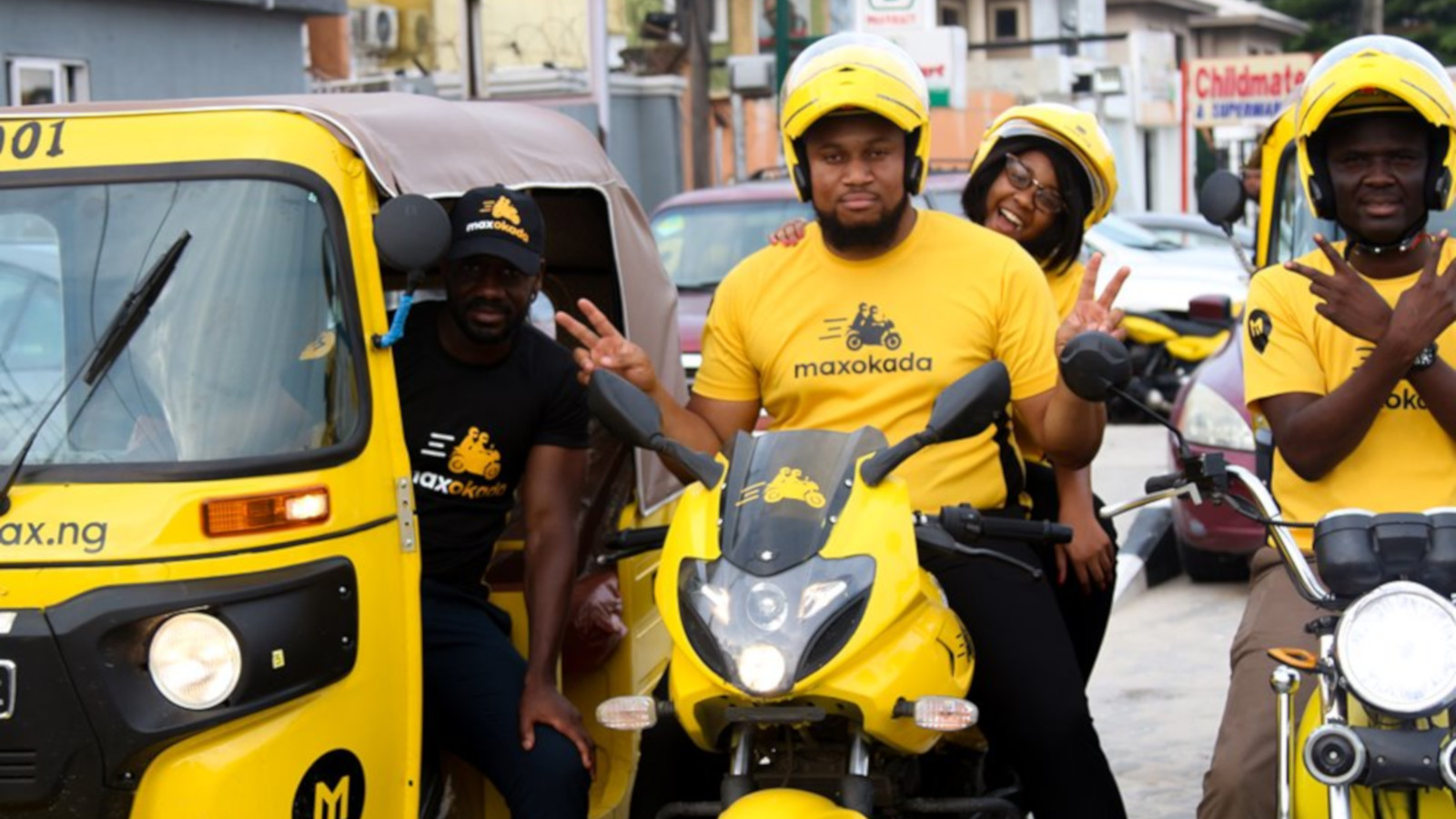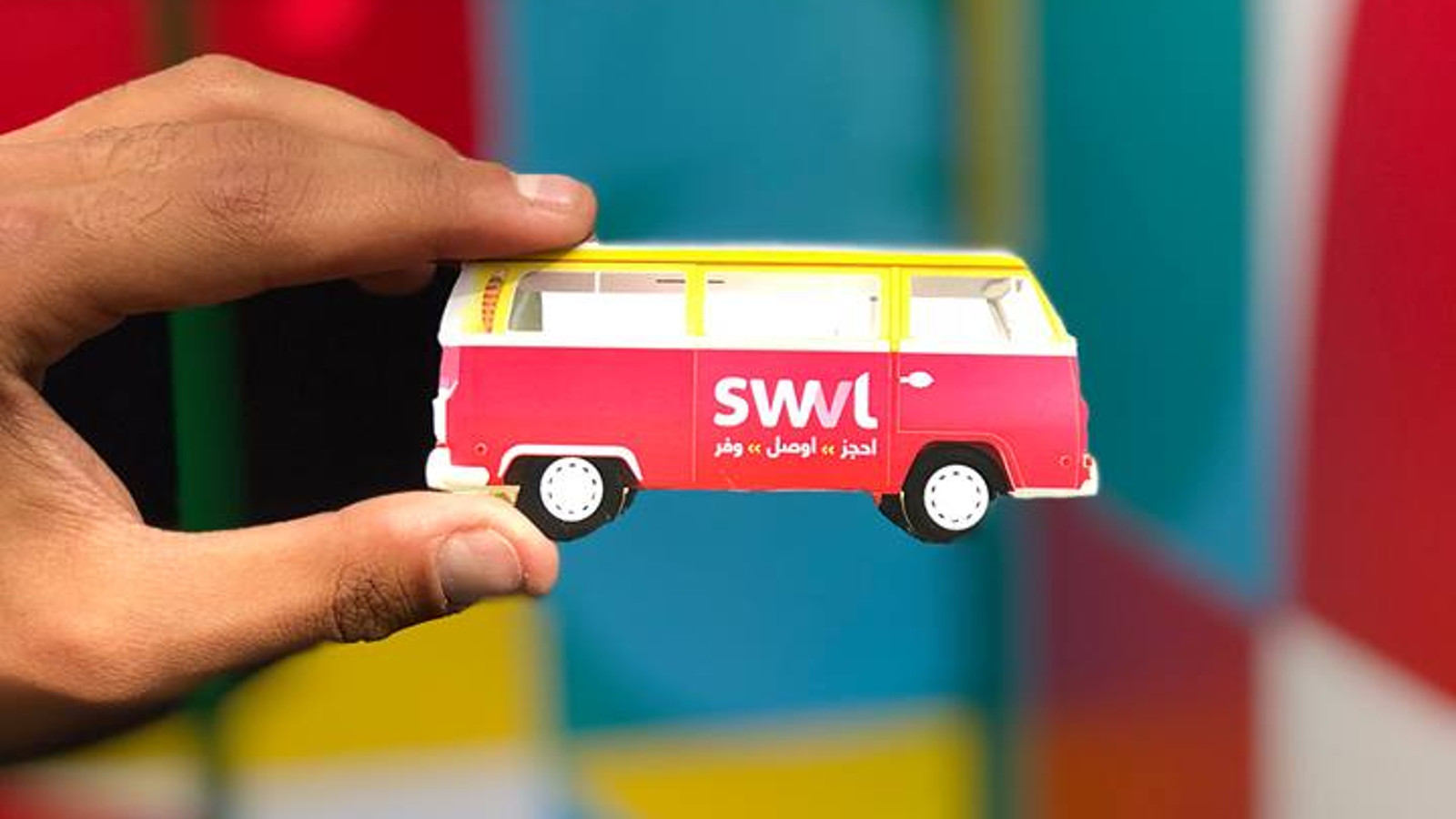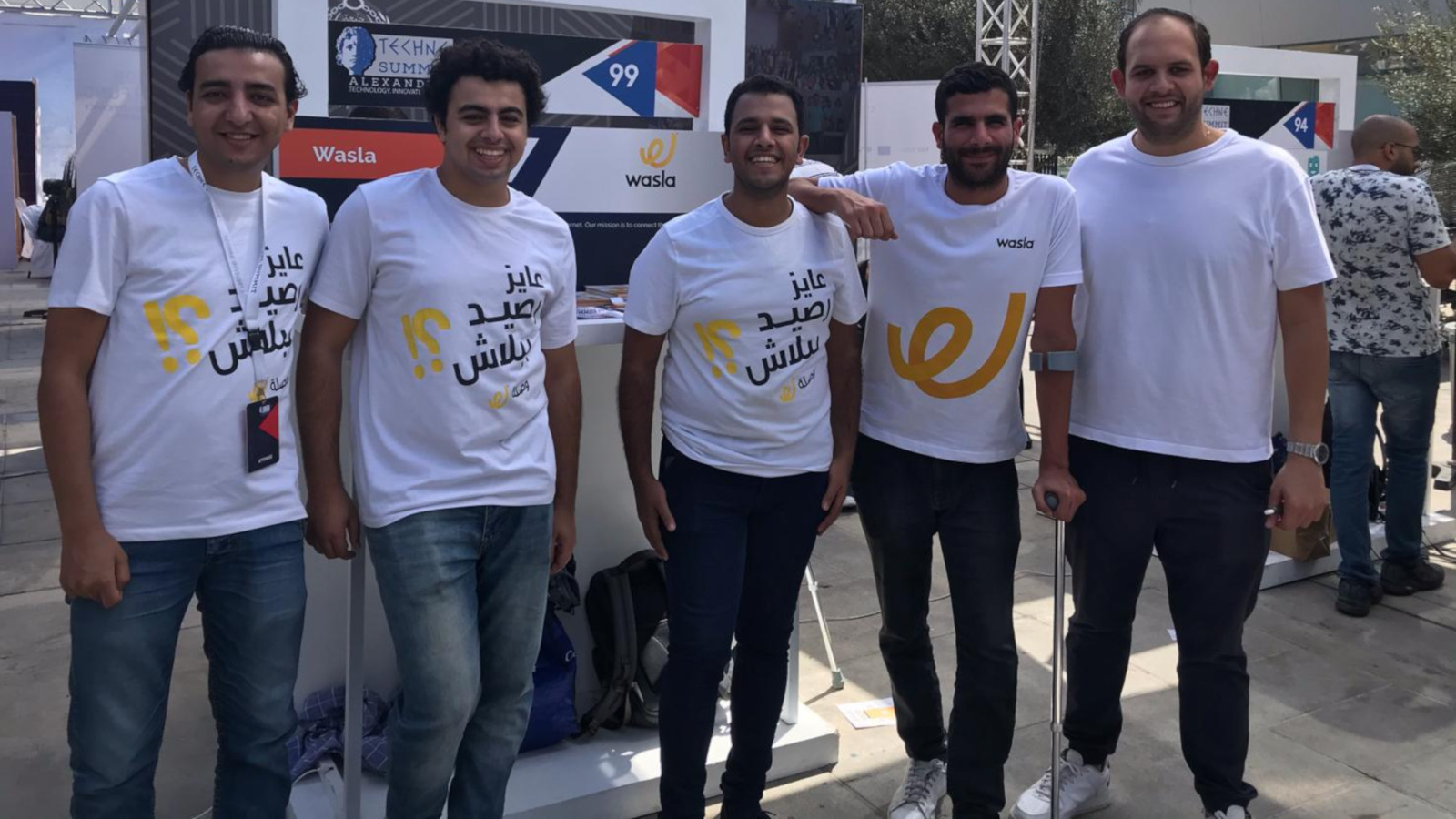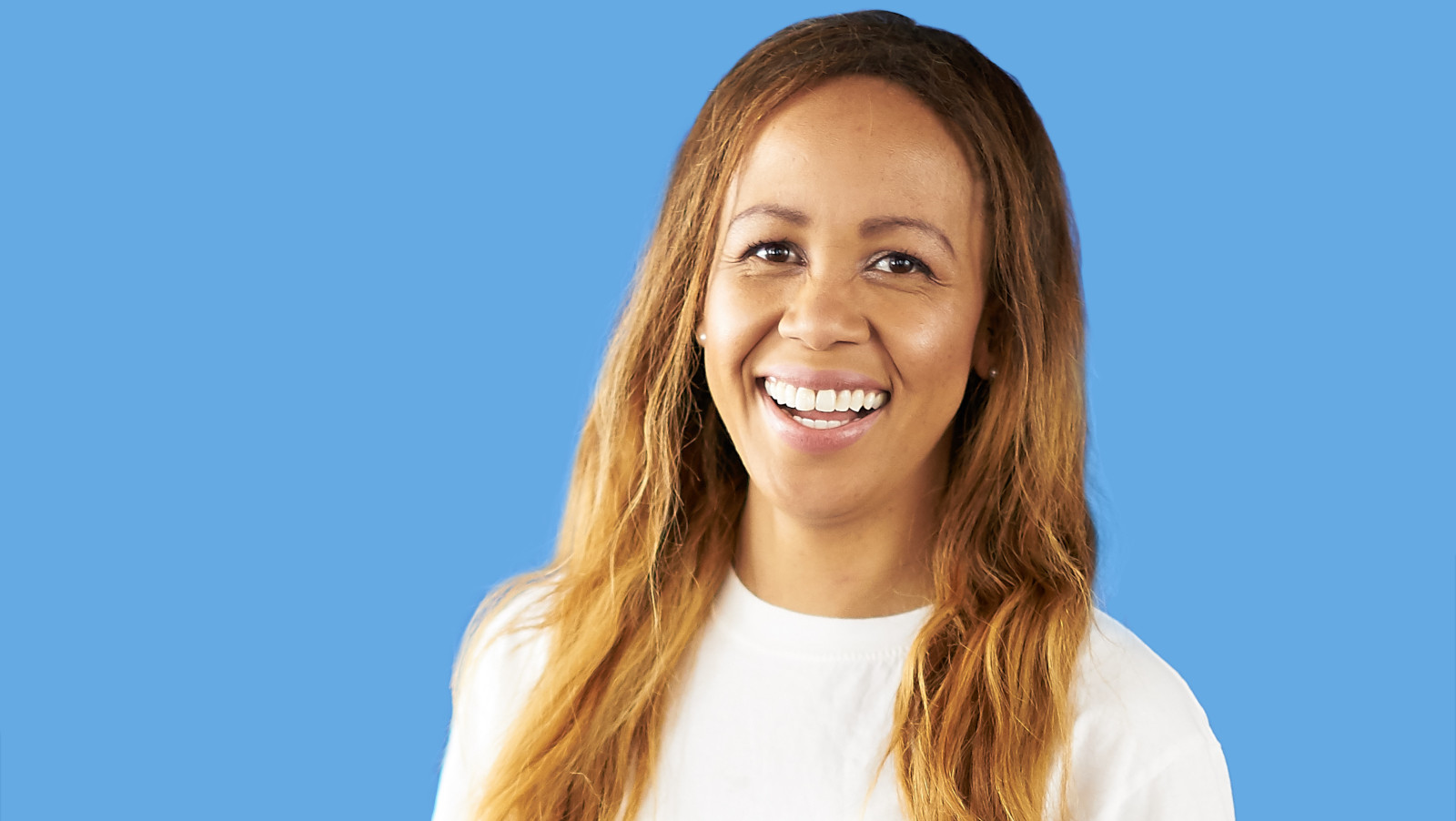AI chat is no longer just about faster answers or conversational tone. Search.com, a division of Public Good, has launched a generative AI search…
Here are 10 African startups to watch in 2020
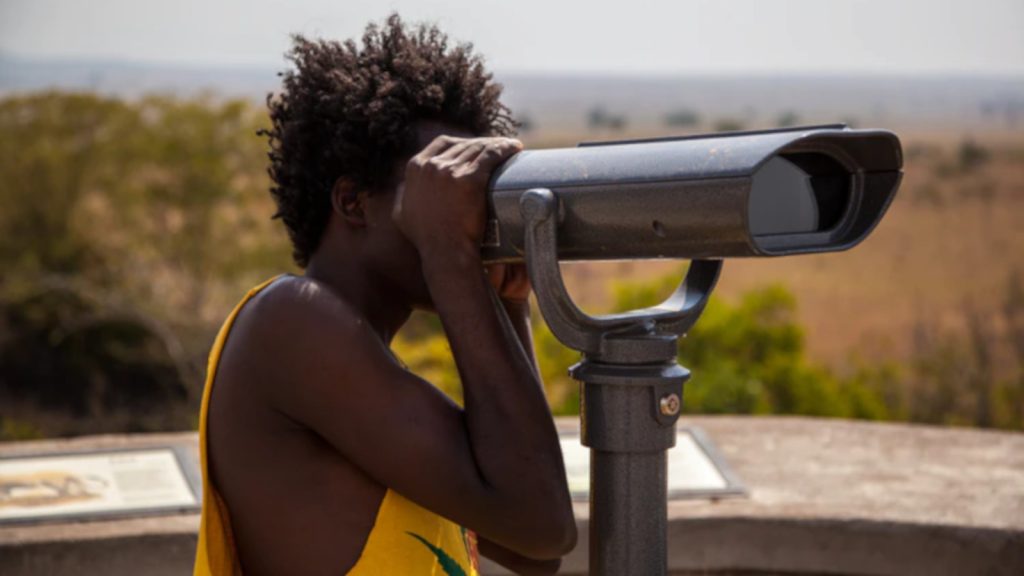
Wondering what 2020 has in store for Africa’s tech startup scene?
If you’re looking to keep tabs on the movers and shakers that will define this year then join us as we look at the 10 startups that you should consider paying attention to in 2020 (in no particular order).
Carry1st
The race is on for the first locally-built African super app — that is, one that offers users seamless access to a number of services, often across several verticals. A lot of contenders are pursuing different strategies to reach that goal.
Cape Town based Carry1st, which was founded by Sierra Leonean Cordel Robbin-Coker (pictured above) and American Lucy Parry, is betting on gaming.
“Our bet from observing similar global markets as well as our own across Africa, is that entertainment and communication are the most effective services to bringing people online en masse, drive digital literacy and act as a conduit to the broader global connected economy,” Robbin-Coker told Ventureburn last month (see this story).
He believes that at their most basic level, free-to-play games are digital economies which provide users with the ability to earn and purchase currency which can then be used to acquire various in-app goods and services.
By November last year, the startup’s first game, Carry1st Trivia, raked up close to one million downloads in Nigeria, Kenya and South Africa, with about 250 000 monthly active users.
Carry1st Trivia won won the Best News and Entertainment Solution at the 2019 AppsAfrica Innovation Awards (see this story).
The startup is aiming for 1.2 million active users by the end of the year and has raised $2-million in funding from angel investors in the US and Africa.
In November, Robbin-Coker said the startup was in the middle of raising a seed round which he hoped to close by the end of 2019 (as Ventureburn staff took off on their annual break news had yet to drop — Ed). So keep an eye on this.
Gozem
Another company that’s thrown its hat in the ring for the quest of Africa’s first super app is Gozem.
The startup’s co-founder Emeka Ajene (pictured above) — who in 2016 led operations and business development for Uber in Nigeria — told Ventureburn in August last year that he and his team plans to launch a digital wallet product as well as a food and parcel delivery service in 2020 (see this story).
The Singapore-registered startup operates a ride-hailing service that relies on motorcycle-taxis, auto-rickshaws and air-conditioned taxis. Ajene launched Gozem in Togo together with co-founder and serial entrepreneur Raphael Dana — who has been a managing partner of Africa-focused venture holding company Reengine Ventures since 2016.
The startup, which currently operates in Benin and Togo, plans to expand to 10 countries in West and Central Africa over the next two years. These include Cameroon, Gabon, Ivory Coast, Senegal, Burkina Faso, the Democratic Republic of Congo (DRC), Ghana, Nigeria and Rwanda.
Ajene told Ventureburn at the time that Gozem was in the middle of closing a $3-million round in preparation of its Series-A round. He disclosed that at the time the startup had raised $3-million in funding.
At the time the startup had 800 registered drivers on its platform and was aiming to drive that number up to 3000 by the end of last year — and to 300 000 in the next four years.
Trella
Last month, Cairo-based trucking marketplace Trella announced it had acquired Egyptian competitor Trukto in a move that created what could arguably be Egypt’s largest technology-enabled trucking and logistics platform with more than 10 000 truckers.
Trella was founded in 2018 by former Uber executive Omar Hagrass (pictured above, centre) and Pierre Saad (pictured above, right).
At the time the Egyptian startup said the acquisition will help it to leverage Trukto’s established infrastructure, human capital and network of truckers and shippers to accelerate Trella’s growth strategy in the Middle East and North African (MENA) region.
Also last year, Trella was selected to participate in the S19 batch of Silicon Valley-based accelerator Y Combinator (see this story).
Earlier in 2019, Trella raised $600 000 in a pre-seed round led by Egyptian venture capital firm Algebra Ventures. The startup’s backers also include NextBillion Ventures and angel investors Esther Dyson and Jambu Palaniappan.
Kobo360
Staying in the logistics space, Nigerian platform Kobo360 is definitely one to look out for this year.
Last year the award-winning startup raised $20-million in equity in a Series-A funding round led by US multinational investment bank and financial services company Goldman Sachs (see this story).
At the time Kobo360 said the funding (which also included a further $10-million in debt from local banks) would help the startup add 25 000 more drivers and help bankroll the development of its tech platform — particularly its Global Logistics Operating System (G-LOS).
Since launch, the startup has raised a sizeable $37.3-million in institutional investment from venture capital firms that include the International Finance Corporation, Y Combinator and TLcom,
The Lagos-based startup was founded in 2017 by CEO Obi Ozor and CTO Ife Oyedele (pictured above, from left to right).
Kobo360 describes itself as “the marketplace for shippers and transporters”. Its platform aggregates a fleet of over 17 000 drivers and trucks, that operate in Nigeria, Ghana, Kenya and Togo.
Now the startup is looking to expand to 10 new countries this year, though it did not disclose their names, it hinted that it wants to boost its presence in Southern and Central Africa.
Kobo360’s clients include the Dangote Group, DHL, Unilever, Olam, African Industries, Flour Mills of Nigeria, and Lafarge. In all, it claims to service over 600 small businesses and 80 large enterprises.
Last month, Ozor was named Young Business Leader of the Year and Innovator of the Year at the 2019 All Africa Business Leaders Awards [AABLA] in partnership with CNBC Africa.
Max.ng
Another Nigerian startup that is sure to make big waves this year is Lagos-based mobility platform Max.ng.
Founded in 2015 by CEO Adetayo Bamiduro and chief growth officer Chinedu Azodoh, Max.ng began as a delivery service, and now also operates an on-demand motorcycle-taxi hailing platform.
Last year in May, the startup closed a closed a $7-million Series-A round which it said it will use to help it to expand across 10 West African cities, scale its technology infrastructure, deploy mobile payments in partnership with Mastercard, introduce an electric fleet and deploy new vehicle categories, including three-wheel tuk-tuks (see this story).
That round bought Max.ng’s total funding it had raised, and disclosed, at the time to $8.5-million.
The startup’s investors include Novastar Ventures, motorcycle and marine hardware manufacturer Yamaha, Breakthrough Energy Ventures, Zrosk Investment Management, Goodwell Investments, Techstars, Olive Tree Capital, Venture Garden Group, RightSide Capital Management, the Shell Foundation and angel investors Greg Schroy and Michael Lazerow.
It’s not clear which 10 cities in West Africa Max.ng is looking to enter, but the startup told Ventureburn at the time that it wants to add customers in Ghana, Ivory Coast and Nigeria.
Swvl
The mobility or transportation space is big business in Africa, and it certainly doesn’t hurt to have the deep pockets that Egyptian startup Swvl has.
The startup — which was founded in 2017 by CEO Mostafa Kandil, Ahmed Sabbah and Mahmoud Nouh — allows users to book fixed rate affordable rides on its network of vans and buses through its app.
Last year the startup raised $42-million round from investors that included BECO Capital, Endeavor Catalyst, MSA and Vostok New Ventures in a deal that saw it valued at over $156.8-million (see this story).
One of its investors, Vostok New Ventures, reckons that the startup will turn a revenue of $1-billion by 2023 (see this story).
Swvl, which has operations in Pakistan, Egypt and Kenya and has plans to expand to Nigeria (see this Menabytes story and this Bloomberg piece) could likely launch in Johannesburg if the following hint by Vostok New Ventures is anything to go by.
“We believe the overall target of $1-billion in GMV (gross merchandise value) by 2023 is achievable and that Egypt alone could become worth at least $500-million and, if successful in Lahore, Karachi, Nairobi, Lagos and Johannesburg, this upside obviously multiplies,” the investor wrote in a financial report last year.
Last month the startup launched a new long-distance service called Swvl Travel in Nairobi, this after it stopped operating its ride hailing-service in the city in November in compliance with an order from Kenyan transport regulator NTSA.
According to US business intelligence platform Crunchbase, Swvl has to date raised $80.5-million across its disclosed deals. It’s likely that this funding will be used to expand to more markets and launch new products.

JUMO
In November last year fintech startup JUMO — which was founded by SA entrepreneur Andrew Watkins-Ball in 2014 — celebrated a new milestone, having helped connect over 15 million people to credit and savings in their six markets in Africa and Asia to date.
The startup, which is registered in Mauritius, helps facilitate digital financial services such as credit and savings in emerging markets. In 2018 it raised a whopping $64.5-million (see this story).
Up to the end of October last year the startup claims it has helped disburse over $1.6-billion in funding to small and micro enterprises and is growing its base of savings products.
The startup was also last year recognised by the International Finance Corporation (IFC) and the SME Finance Forum with an award for innovation in small business lending, during the Global SME Finance Forum Awards (see this story). And took part in the second session of Google’s Launchpad Studio (see this story).
The award was made shortly after the startup announced that it had appointed Buhle Goslar and Ashish Desai as Africa CEO and India CEO respectively (see this story).
The startup said the appointments were made as part of a new organisational structure to support JUMO’s expansion into new markets in Africa and Asia.
JUMO currently partners with financial service providers and mobile network operators to provide credit and savings solutions in Pakistan, Ghana, Tanzania, Uganda, Kenya and Zambia.
The company plans to enter new markets in Asia and Africa in the coming months.
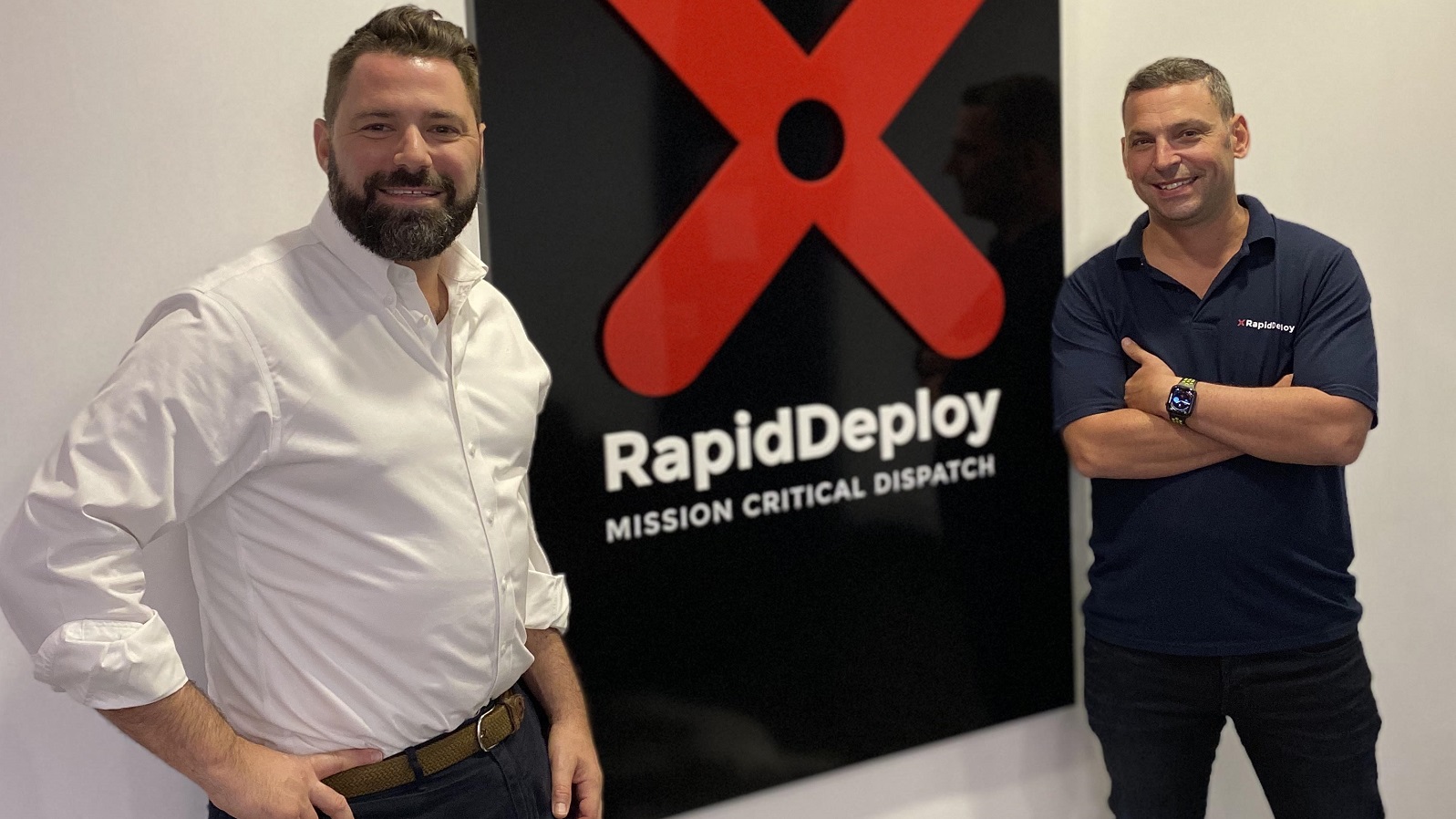
RapidDeploy
It was a fairly good 2019 for Steven Raucher and Brett Meyerowitz (pictured above, left and right, respectively), the founders of SA startup RapidDeploy (see this story for more).
The startup’s cloud-based software enables public safety officials to reduce emergency response times and improve situational awareness.
In February the pair announced that their startup had landed a $12-million (over R175-million at current rates) investment in a Series-A round from US venture capital fund GreatPoint Ventures and innovation fund Samsung Next (see this story).
It’s one of the largest — if not the largest — deals scored by an SA startup in 2019.
And in November last year, Microsoft CEO Satya Nadella, described at the Microsoft Ignite conference in Orlando, Florida (see this video clip) how RapidDeploy protects public safety and prevents ransomware attacks.
It comes after the startup was in June named Microsoft US Partner of the Year for Government Industry 2019.
In October the startup was awarded the Innovator of the Year Award by YTexas.
Wasla
Any African startup with a solution for free or subsidised internet is definitely one to watch — simply because of the high cost of data in most countries around the continent.
Last month, Wasla, a Cairo-based startup that has developed an incentivised mobile browser that rewards users with free mobile internet raised $1-million in seed funding.
The startup founded in 2018 by Mahmoud El Said (pictured above, far right, with members of the Wasla team) and former Rocket Internet entrepreneurs Serag Meneassy and Taymour Sabry.
El Said told Ventureburn last month that Wasla is looking to expand to other Africa countries and to the Middle East. (see this story).
“The timeline is still not defined but within the next one to two years we should be opening up new markets,” he said at the time.
The startup — which in early December claimed to have over 100 000 users — plans to build a super app that will offer social networking, shopping, entertainment and payments.
Wasla intends to introduce these new verticals this year.
SweepSouth
Last October when Cape Town based on-demand domestic cleaning service SweepSouth announced that it raised more than R50-million, its co-founder Aisha Pandor (pictured above) said it would use the investment to expand on the continent (see this story).
Pandor, who founded the startup in 2014 with her husband Alen Ribic, said the funding will be instrumental in achieving the startup’s strategic goals going forward.
These include the launch of a new platform SweepSouth Connect — which will offer services like handymen, plumbers, electricians, locksmiths, carpet cleaners and nannies — as well as an online shop where SweepSouth plans to sell a range of home products.
Featured image: Slim Emcee (UG) the poet Truth_From_Africa_Photography via Unsplash

